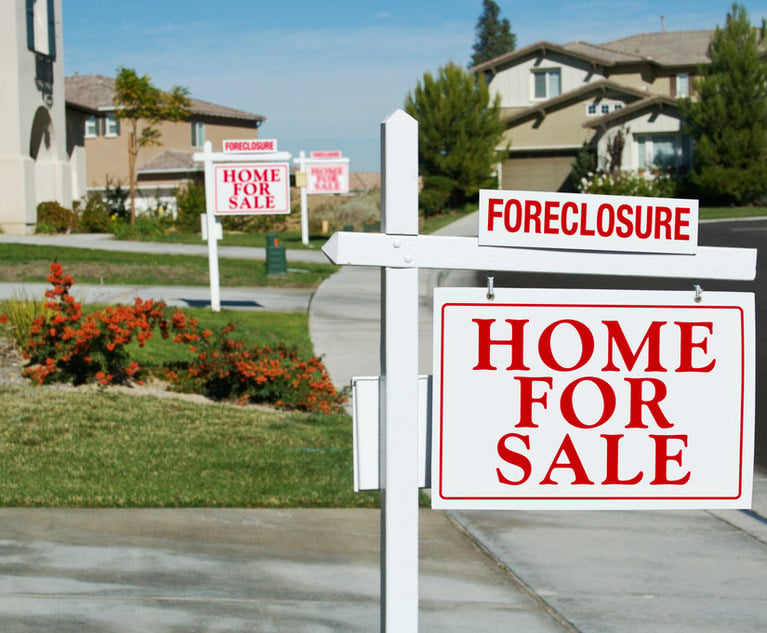For decades, the New Jersey Legislature has enacted and amended statutes of limitations applying to a wide variety of civil claims to balance competing noble protections of plaintiffs and defendants alike. On the one hand, the Legislature has sought to provide claimants adequate time to discover and explore potential claims, consider the weighty decision of filing a lawsuit and promote the resolution of claims on their merits. On the other hand, the Legislature has striven to discourage the untimely filing of claims to ensure that parties need not fear and account for the possibility of lawsuits long after certain conduct has occurred, and to further ensure that defendants are not prejudiced by the loss or unavailability of critical evidence, witnesses and recollections over time. In carefully establishing the time periods during which certain claims can be brought, the Legislature has consistently applied the statutes without regard to the identity of the plaintiff seeking to assert a claim. That is, whether the plaintiff is a Fortune 500 company, single-member LLC or lone individual, the statutes of limitation remain the same.
However, on Jan. 18, 2022, Governor Phil Murphy signed into law Senate Bill 396, which amends the New Jersey Statute of Limitations, N.J.S.A. 2A:14-1 et seq. (the “Amendment”), to extend the time for claims by planned real estate development associations, including condominium and cooperative associations (the “Associations”), against real estate developers under certain circumstances. The Amendment was a legislative reaction to the New Jersey Supreme Court’s decision in Palisades at Fort Lee Condominium Association v. 100 Old Palisade, LLC, 230 N.J. 427 (2017), wherein the court held that the statute of limitations started to run when the Association learned of a defect, not when a change in control of the allegedly injured party occurred. In adopting the Amendment, the Legislature has now afforded preferential treatment for these types of organizations, and consequently has also likely created new, unintended questions that the courts will undoubtedly be called upon to untangle.
This content has been archived. It is available through our partners, LexisNexis® and Bloomberg Law.
To view this content, please continue to their sites.
Not a Lexis Subscriber?
Subscribe Now
Not a Bloomberg Law Subscriber?
Subscribe Now
LexisNexis® and Bloomberg Law are third party online distributors of the broad collection of current and archived versions of ALM's legal news publications. LexisNexis® and Bloomberg Law customers are able to access and use ALM's content, including content from the National Law Journal, The American Lawyer, Legaltech News, The New York Law Journal, and Corporate Counsel, as well as other sources of legal information.
For questions call 1-877-256-2472 or contact us at [email protected]







